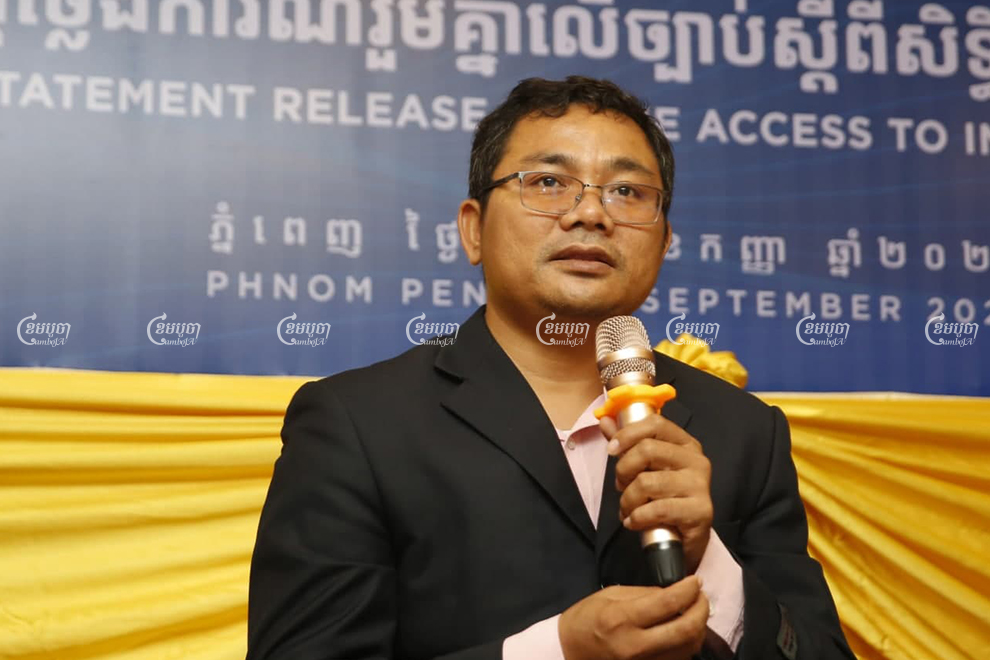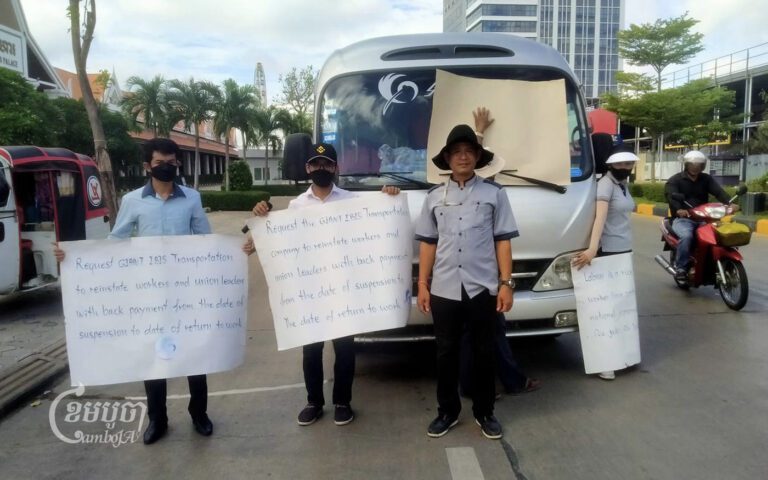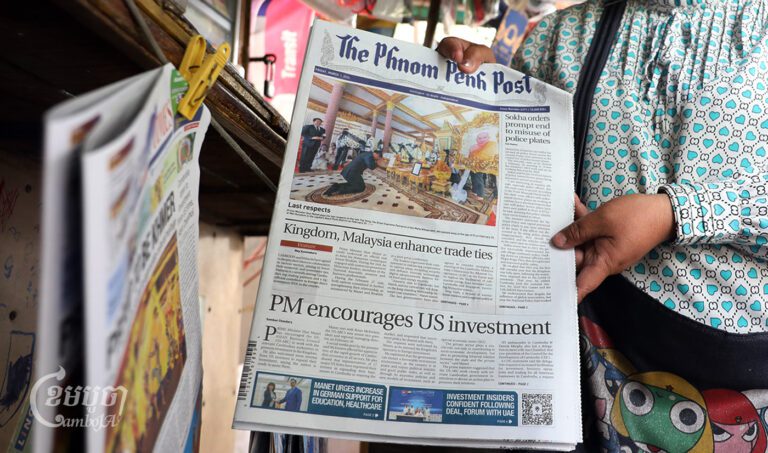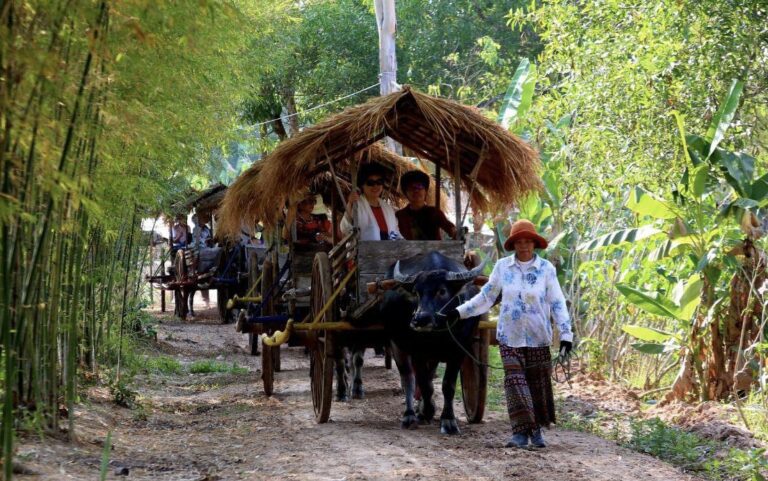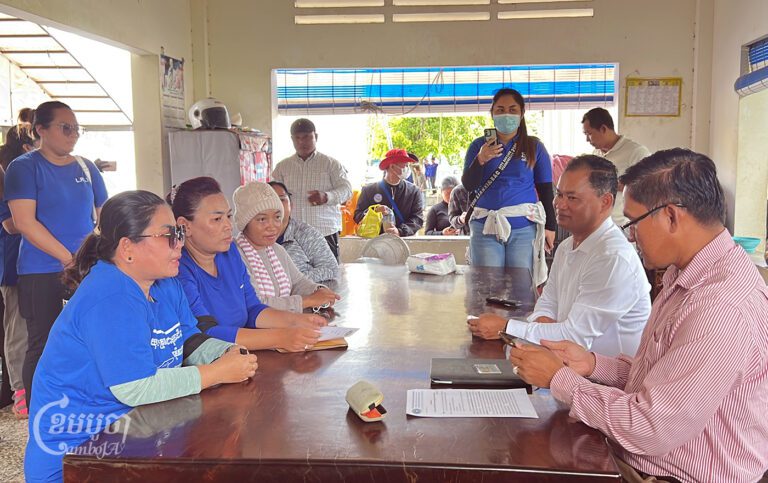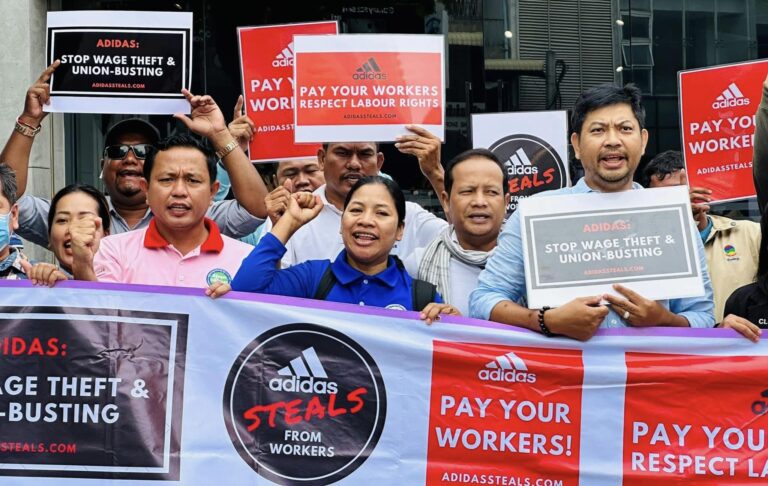The Cambodian government again failed to pass the long-delayed draft access to information legislation, despite Prime Minister Hun Sen assuring its passage at the start of 2020.
The draft legislation, which is intended to give the public access to government records and documents, has been delayed for years, and criticized for the government attempts to limit its scope. Hun Sen said the legislation would be passed last year, and a draft was finalized in August, but has not been taken up by parliament.
Meas Sophorn, the Information Ministry’s spokesperson, said passage of the draft law was hindered by the COVID-19 pandemic because working groups were unable to meet.
“As we know, there was the spread of the COVID-19 pandemic. So, it affected meetings of our working group,” he said.
Sophorn said technical experts at the Justice Ministry and Information Ministry had finished discussions and were preparing a report on the legislation, after which it will be forwarded to the Council of Ministers for approval.
He said that the technical working of both ministries decided to have no punitive clauses in the draft law and agreed that the criminal code clauses could be used if needed.
Human Rights Watch and ARTICLE 19 analyzed the draft legislation in November 2019 and found it not fully compliant with international standards. It reported that the law contained a narrow definition of the type of information that comes under the law and failed to institute oversight mechanisms.
Lam Socheat, the director of the Advocacy and Policy Institute, said the law has been delayed over and over again, and was affecting citizen’s right to access this critical information.
“We are worried that it directly affects the rights of each person in getting the important information related to their communication, daily livelihoods,” he said.
He criticized the government’s attempt to narrow the definition of accessible information in Article 20, where public institutions can determine if certain information is confidential and prohibit its release, calling the clause vaguely worded.
Pen Bona, president of the Cambodian Club of Journalists, agreed that the law should be passed soon, as it was a helpful tool for journalists.
“For me, it does not matter if there is a little delay [to approve it], but it is important the law is comprehensive,” he said.
Nop Vy, executive director of the Cambodian Journalists Alliance, expressed his disappointment that government leaders have failed to carry out their promise of passing the law last year.
“What is important is whether the government has a genuine willingness to push out that law or not,” he said.
Makara Vorn, a program officer for communication and information at UNESCO, agreed that the draft law was delayed due to COVID-19 situation because “the draft law is still evolving.” She was optimistic that the draft law will be passed in 2021.
“We understand that due to COVID-19, inclusive consultations of the draft law, especially on the penalties, was delayed,” she said.


